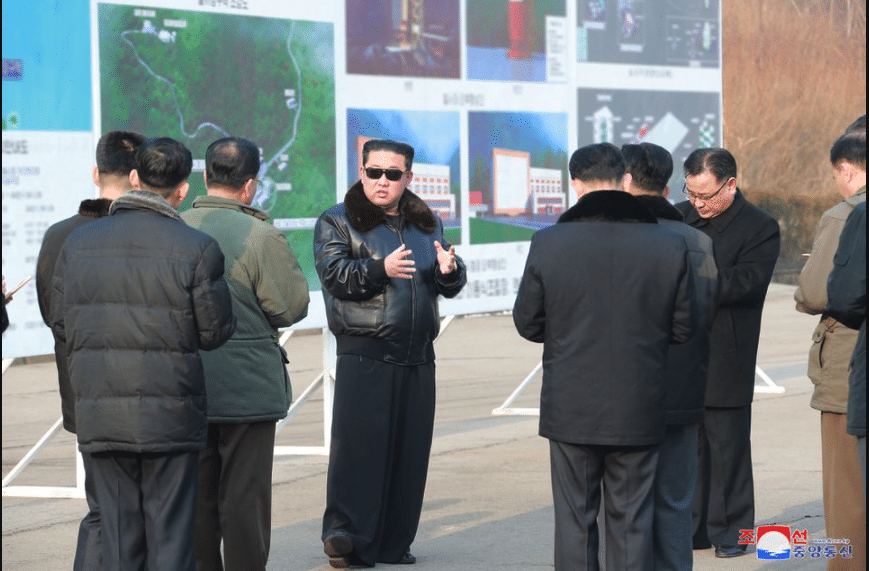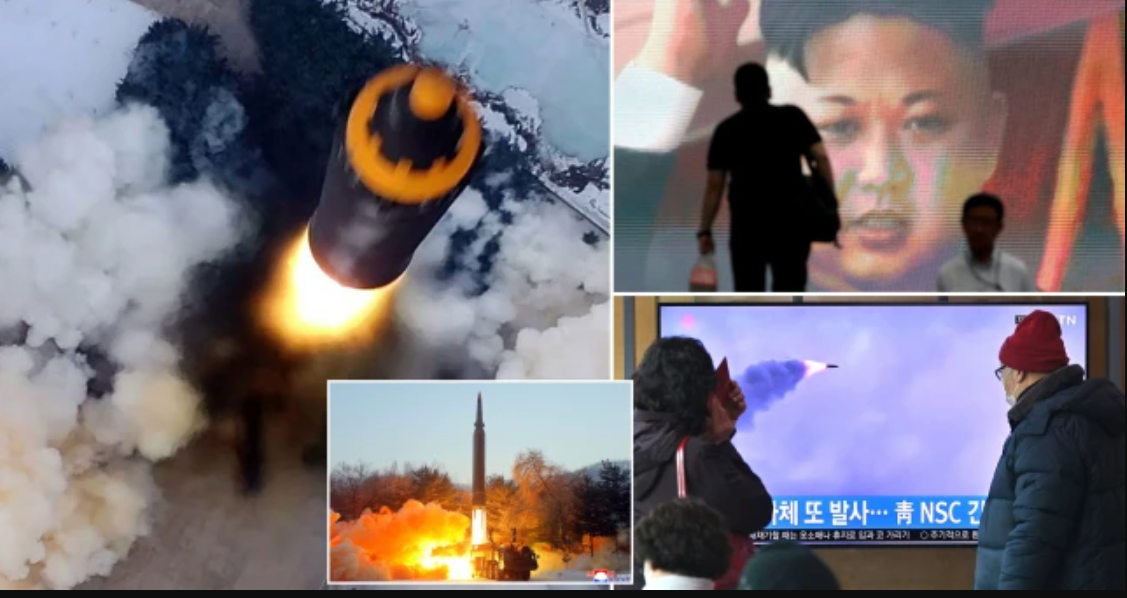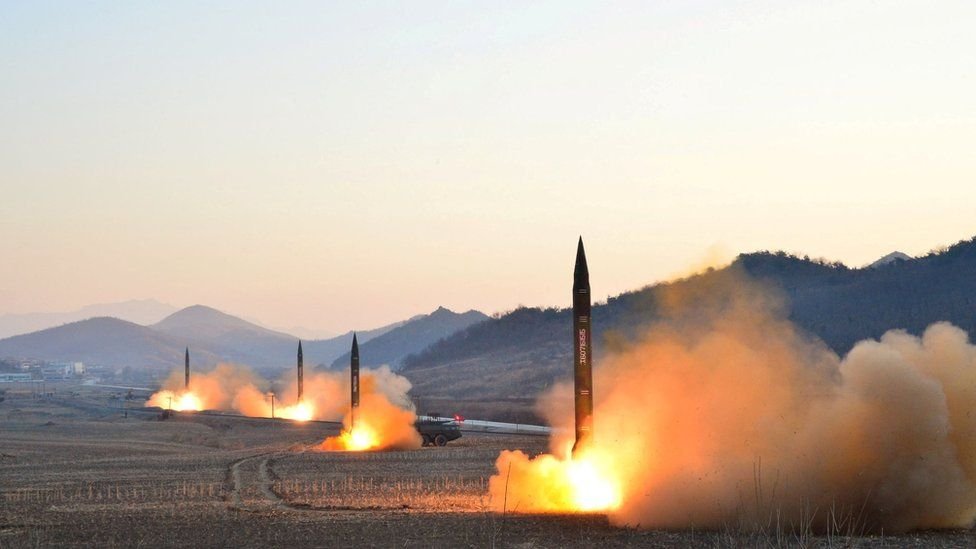Last August, a bulk freighter named the “Jie Shun” was flying Cambodian colors but had sailed from North Korea with a North Korean crew and an unknown cargo shrouded by heavy tarps, according to a news report on Sunday.
When the ship entered Egyptian waters, customs agents tipped off by the US swarmed the vessel and discovered a cache of more than 30,000 rocket-propelled grenades, the Washington Post reported.
A United Nations report later said it was the “largest seizure of ammunition in the history of sanctions against the Democratic People’s Republic of Korea.”
The buyers, it was eventually discovered, were the Egyptians themselves, the Post said. A UN investigation uncovered an arrangement in which Egyptian business executives ordered millions of dollars worth of North Korean rockets for the country’s military while keeping the deals hidden.
The incident, many details of which were never publicly revealed, prompted a series of intense, private US complaints over Egyptian efforts to obtain banned military hardware from Pyongyang, the Post said.
A spokesman for the Egyptian Embassy in Washington pointed to Egypt’s “transparency” and cooperation with UN officials in finding and destroying the contraband. “Egypt will continue to abide by all Security Council resolutions and will always be in conformity with these resolutions as they restrain military purchases from North Korea,” spokesman Karim Saad told the Washington Post.
But US officials confirmed to the newspaper that delivery of the rockets was foiled only when US intelligence agencies spotted the vessel and alerted Egyptian authorities through diplomatic channels, essentially forcing them to take action.
Egypt, though a major US aid recipient, still maintains diplomatic ties and has a history of military-to-military ties dating back to the 1970s with Pyongyang, the Post said.
Soviet weapons systems
Egypt’s army today still includes dozens of weapons systems that were originally of Soviet design. Among them are at least six types of antitank weapons, including the RPG-7, the 1960s-era grenade-launcher that uses the same PG-7 warhead as those discovered on the Jie Shun, the Washington Post said.
“Egypt was a consistent North Korean customer in the past,” Andrea Berger, a North Korea specialist and senior research associate at the Middlebury Institute of International Studies at Monterey, California, told the Post. “I would call them a ‘resilient’ customer today.”
While US officials have declined to publicly criticize Egypt, the Jie Shun incident contributed to the diplomatic turbulence that defined relations between Cairo and the Obama and Trump administrations, according to the Post. US officials confirmed that the rockets were among the factors leading to the Trump administration’s decision in July to freeze or delay $290m in military aid to Egypt.
After Egyptian President Abdel Fatah al-Sissi’s visit to Washington that month, a White House statement made clear that a warning had been delivered in private: “President Trump stressed the need for all countries to fully implement UN Security Council resolutions on North Korea,” including the need to “stop providing economic or military benefits to North Korea.”
It was uncertain whether North Korea ever received its $23m price for the shipment, the Post said.








